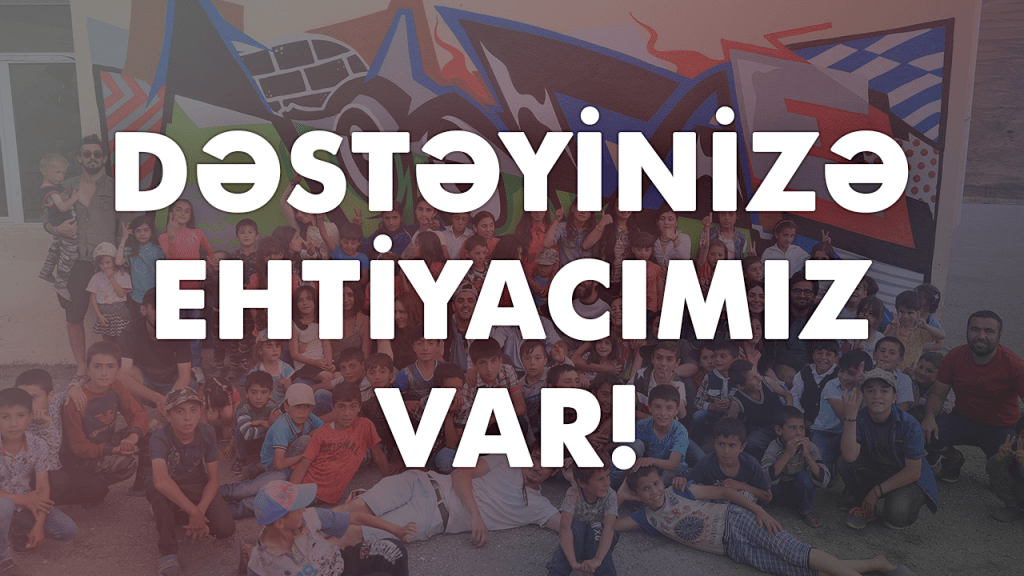Ilkin Huseynov

Born in Ganja, but now based in Baku, photojournalist and artist Ilkin Huseynov has explored his practice through photography, filmmaking, and book publication. Ilkin was educated in Europe, earning praise at a young age for the visual maturity of his work, completing degrees at the Film and TV School of the Academy of Performing Arts in Prague, Czech Republic, and the EFTI School of Photography in Madrid, Spain. His first major project to win international awards, ‘Muhit’ (2013), was recognized by London Photography and received an award from Invisible Photographer Asia, as well as the Manuel Rivera-Ortiz Foundation and Powerhouse Books. While in Europe, he participated in various residencies and exhibited his work in Austria, Azerbaijan, Belgium, Georgia, Greece, India, Italy, Spain Turkey and at the prestigious Grid Photo Fest in Amsterdam, Holland. Concerned primarily with social issues in Azerbaijan, he has also been published as a photojournalist in the Associated Press, CNN International, Global Journalist, and Reuters, among others. In 2014, he founded Riot Books, which prints limited-edition artist books, where he remains the editor. His photography book ‘We Apologize for the Inconvenience’ (2017) was published by Rally in the Streets, also founded by Ilkin, and explored the changing landscape of Baku. Ilkin is a frequent contributor to the regional art and culture website ‘Chai-khana’. He is also one of the founders of Salaam Cinema, with his wife filmmaker Leyli Gafarova, which is a center for community activism, film and art in Baku.
Ilkin’s photography focuses on changing social dynamics and the frictions inherent in modernization. In his most recent artist book, ‘We Apologize for the Inconvenience’ (2017), Ilkin photographed the construction barricades that are ubiquitous in Baku due to the rapid changes being made to the urban landscape. The barricades are covered with faded photographs of major buildings in the city – Maiden Tower, Flame Towers, the Government House, and other well-known facades. The images on the barricades themselves are faded, peeling, and covered in the grime of city life, sometimes torn to expose another layer of images underneath, a trope which suggests the layers of construction that continue to remake the cityscape. It also refers to the lost heritage of Baku’s urban character, which has undergone intense modernization over the past two decades to position the city as an international hub. The images encapsulate the emotional tension inherent in Baku’s transformation felt by many who have witnessed these changes. In another work shown at the May 2018 Gazelli Art House’s exhibition ‘1918’ in Baku, Ilkin presented his project ‘Shared Water’ (2014), a visual narration of the struggle of the people living on the Kura and Araz rivers, which represent shared ecosystems with neighboring countries and conflict zones which have fallen into hardship following the end of the Soviet Union. His images are haunting – they show the desolation of economic decline, but they also highlight the resilience of the people who continue to live and work in the region despite the difficulties they face. As a photographer focused on social change, throughout his work, he presents these issues with the dignity and complexity that they deserve.

Shared Waters
Under Construction























